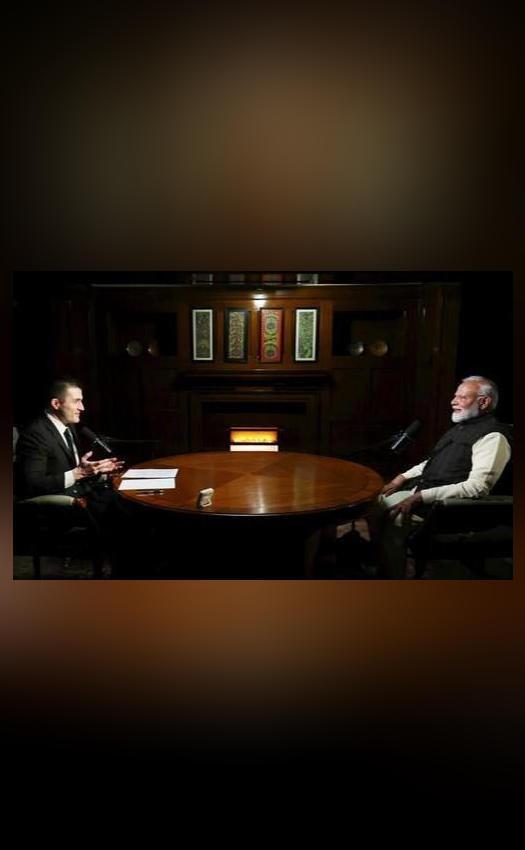
Vacate Indian Territory,’ India Replies to Pak’s J&K Remarks on PM Modi’s Podcast
In a sharp rebuttal, the Ministry of External Affairs (MEA) has responded to Pakistan’s remarks on Jammu and Kashmir, stating that instead of spreading lies, the neighboring country should vacate Indian territory under its illegal occupation. The MEA’s response came after Prime Minister Narendra Modi criticized Pakistan for its hostility and betrayal in a recent podcast.
Pakistan’s remarks on Jammu and Kashmir were made in response to PM Modi’s podcast, in which he highlighted the country’s hostility and betrayal towards India. Pakistan had claimed that the Indian government’s actions in Jammu and Kashmir were a result of its own “aggressive” policies. However, the MEA has rejected these claims, stating that the world is aware of the “real issue”, which is Pakistan’s active promotion of cross-border terrorism.
The MEA’s statement came after Pakistan’s Foreign Minister Shah Mahmood Qureshi made remarks on Jammu and Kashmir, saying that the region is a “disputed territory” and that India’s actions are a “violation of international law”. Qureshi also claimed that Pakistan is willing to engage in talks with India, but only if the latter agrees to respect the rights of the people of Jammu and Kashmir.
However, the MEA has rejected Pakistan’s claims, stating that Jammu and Kashmir is an integral part of India and that any talks with Pakistan should be based on the principle of equality and mutual respect. The MEA also accused Pakistan of promoting cross-border terrorism and supporting terrorist groups operating in the region.
The MEA’s statement has come amidst heightened tensions between India and Pakistan following the abrogation of Article 370, which granted special status to Jammu and Kashmir. Pakistan has been critical of India’s move, claiming that it is a violation of international law and a threat to regional peace.
The MEA’s response to Pakistan’s remarks is significant, as it marks a shift in India’s approach towards dialogue with Pakistan. Previously, India had been willing to engage in talks with Pakistan, but only if the latter agreed to address India’s concerns about cross-border terrorism and ceasefire violations.
However, in recent years, India has become more cautious in its approach towards Pakistan, following a series of attacks on Indian military personnel and civilians. The MEA’s statement is a reflection of this shift, as it emphasizes the need for Pakistan to take concrete steps to address India’s concerns before any talks can take place.
The MEA’s statement has also been welcomed by many in India, who have long felt that Pakistan has been using talks as a means to delay and divert attention from its own actions. The MEA’s response has been seen as a bold move, as it sets a clear red line for Pakistan and emphasizes the need for concrete actions rather than empty rhetoric.
In conclusion, the MEA’s response to Pakistan’s remarks on Jammu and Kashmir is a significant development in the ongoing tensions between India and Pakistan. The statement emphasizes the need for Pakistan to vacate Indian territory under its illegal occupation and to take concrete steps to address India’s concerns about cross-border terrorism. The MEA’s response is a reflection of India’s growing confidence and its willingness to stand up to Pakistan’s aggression.




